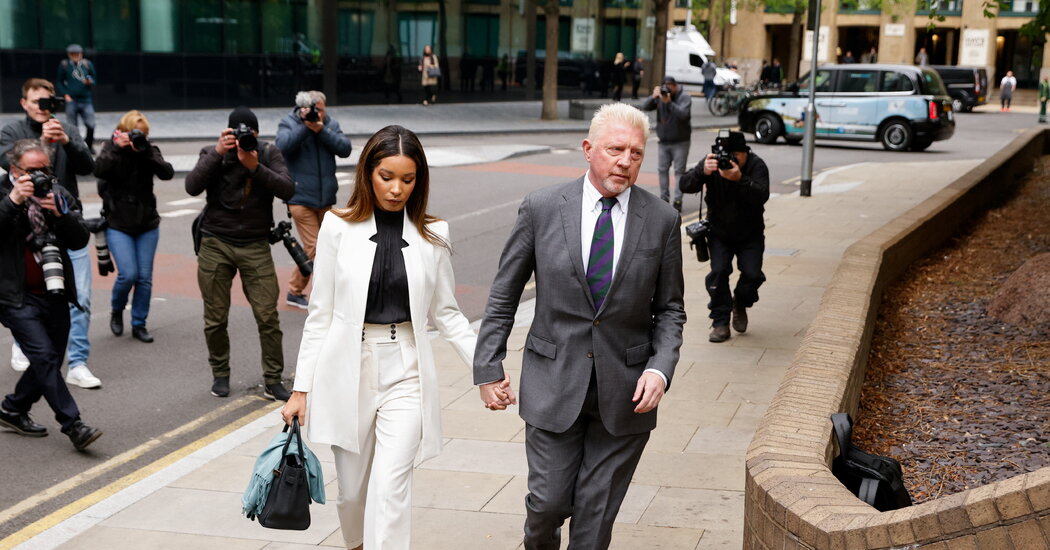
The precarious financial situation of Mr. Becker has been under scrutiny for several years.
In 2017, a private bank in London, Arbuthnot Latham, made an application for bankruptcy proceedings against Mr. Becker, claiming that payment of a large debt owed by him was nearly two years overdue. He was soon declared officially bankrupt by a London court, which found that he could not repay his debts.
That same year, a Swiss court rejected a claim by a former Swiss business partner, who claimed Mr. Becker owed him more than $40 million.
As he fended off his creditors, in 2018, Mr. Becker sought to claim diplomatic immunity, because the Central African Republic had named him as its attaché to the European Union for sports, culture and humanitarian affairs.
If that claim had been granted, any action against Mr. Becker would have required the approval of the foreign secretary, who at the time was Boris Johnson, the current prime minister. But Mr. Becker eventually dropped the claim.
In 2002, Mr. Becker was convicted in Germany of income tax evasion, given two years’ probation and fined nearly $300,000. The verdict came six years after German tax investigators raided Mr. Becker’s home in Munich.
On Friday, the judge, Deborah Taylor, referred to that case, saying that Mr. Becker “did not heed the warning you were given and the chance you were given” — a reference to the fact that he had been spared jail time — and that this was “a significant aggravating factor” in the current proceedings.
Mr. Becker won millions of dollars in prize money and sponsorship deals. He has had several business ventures over the years, including a line of branded tennis gear. He has often appeared as a television commentator for the BBC at Wimbledon, and he coached Novak Djokovic, the world’s top-ranked men’s singles player, for a few years.



